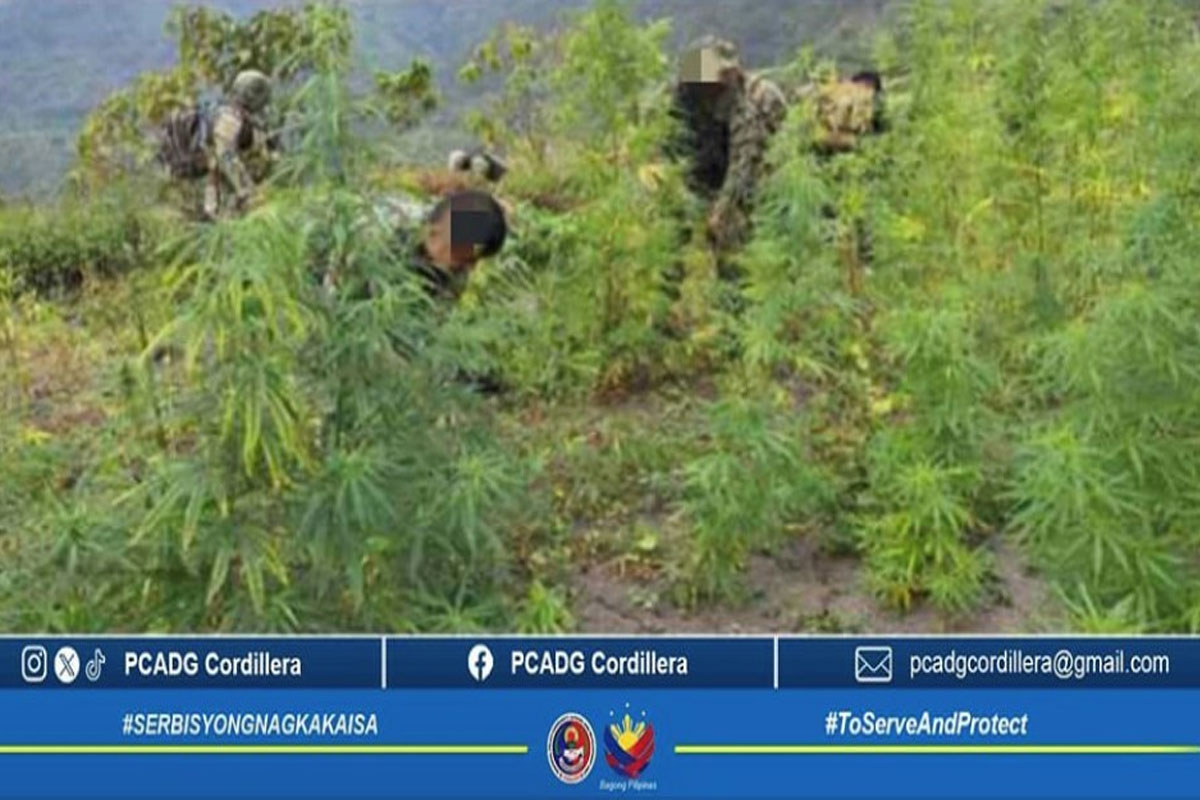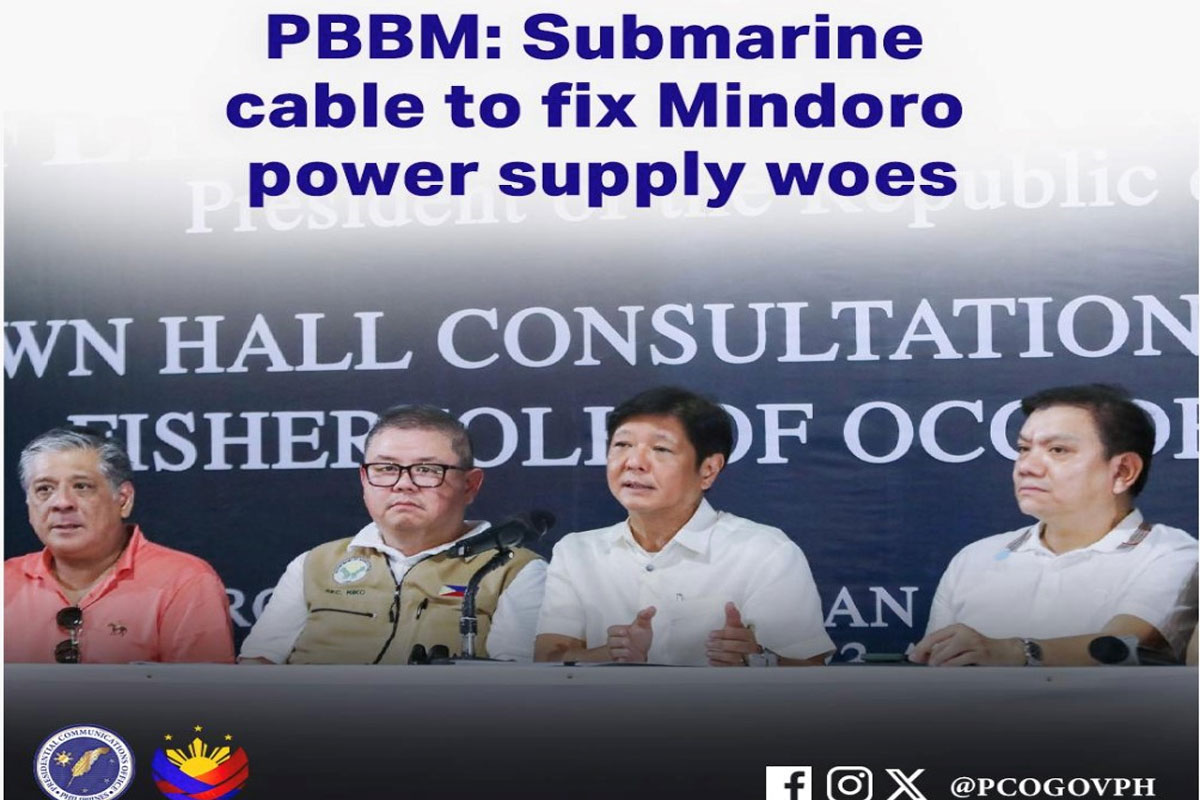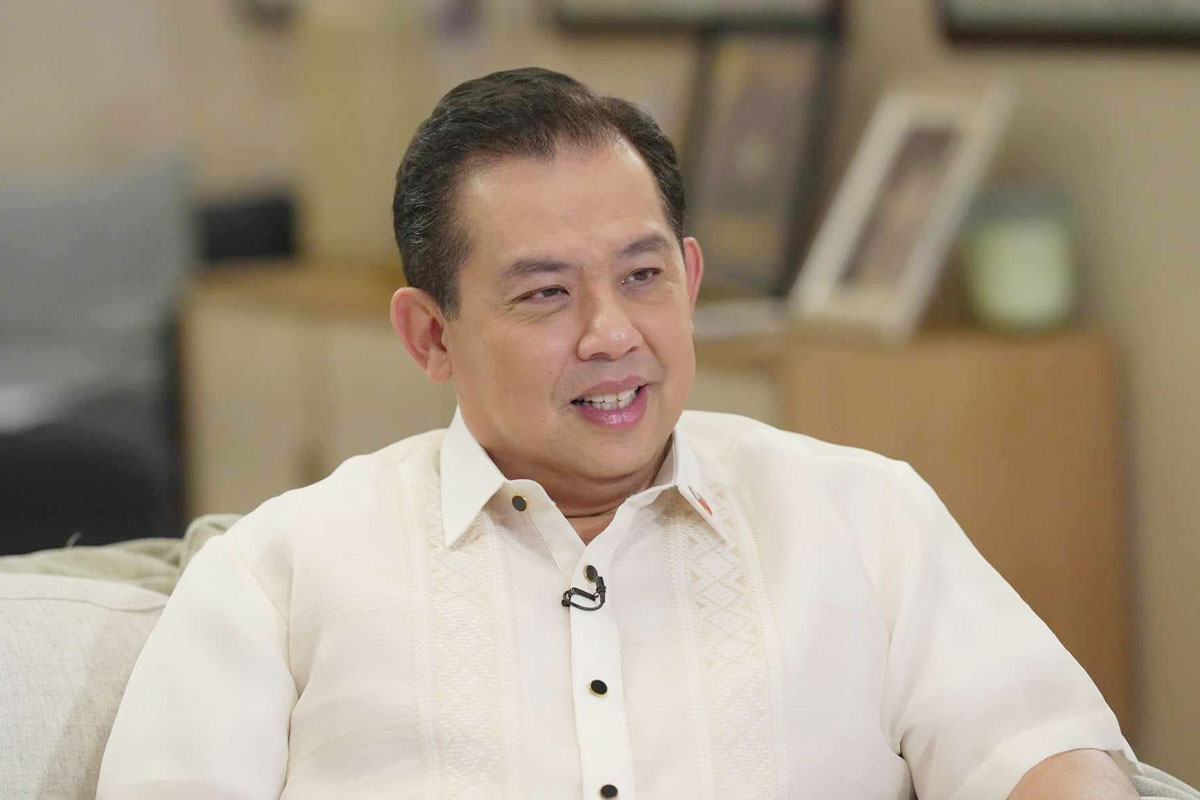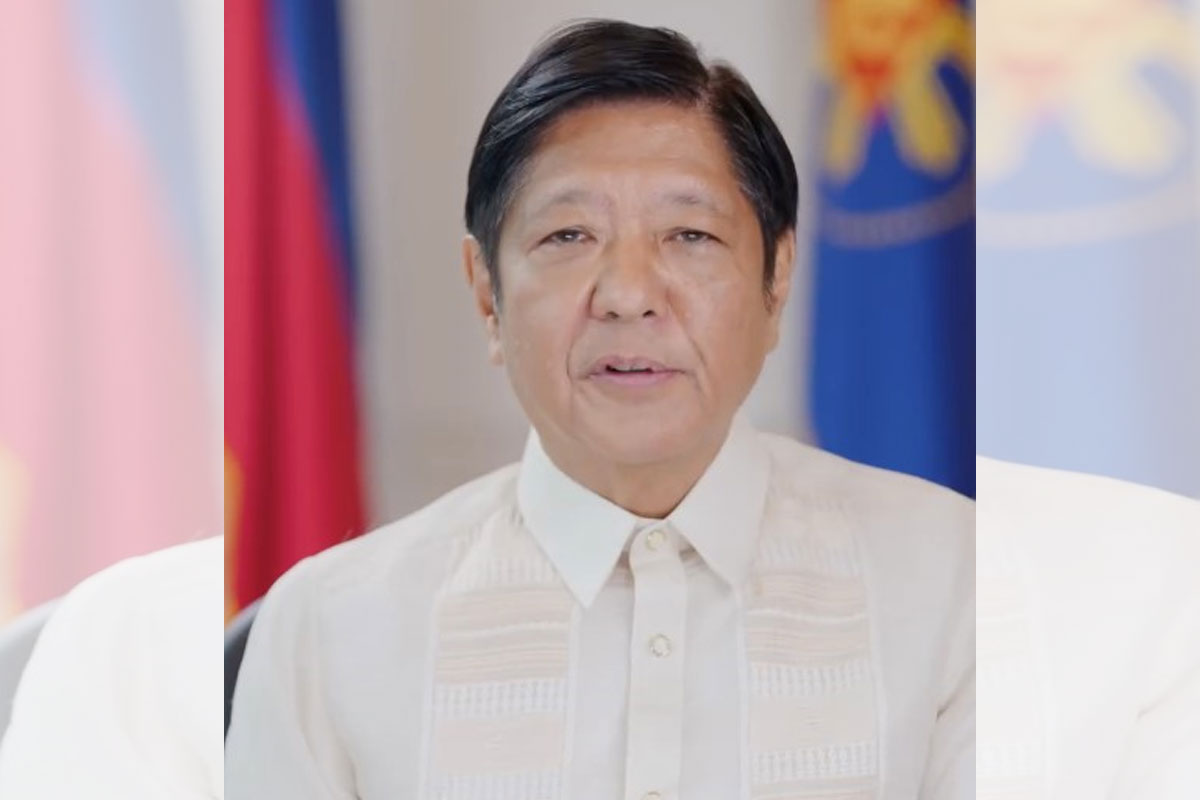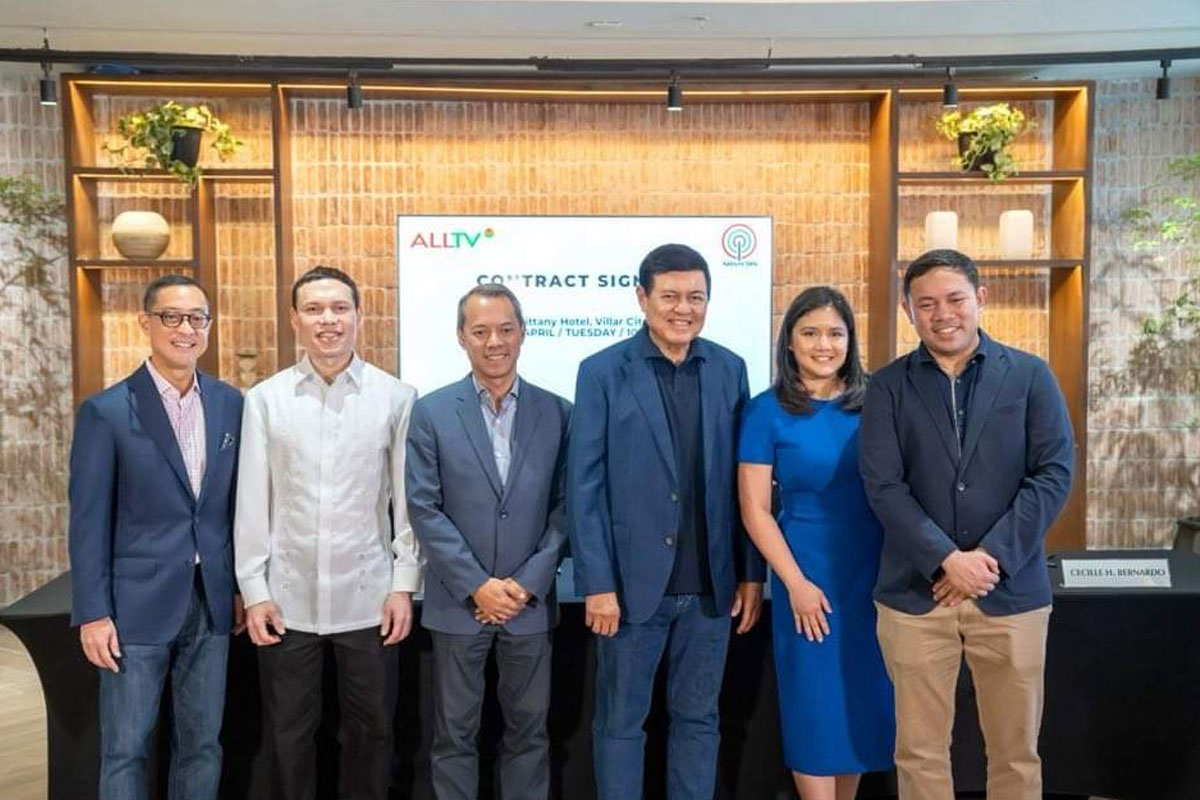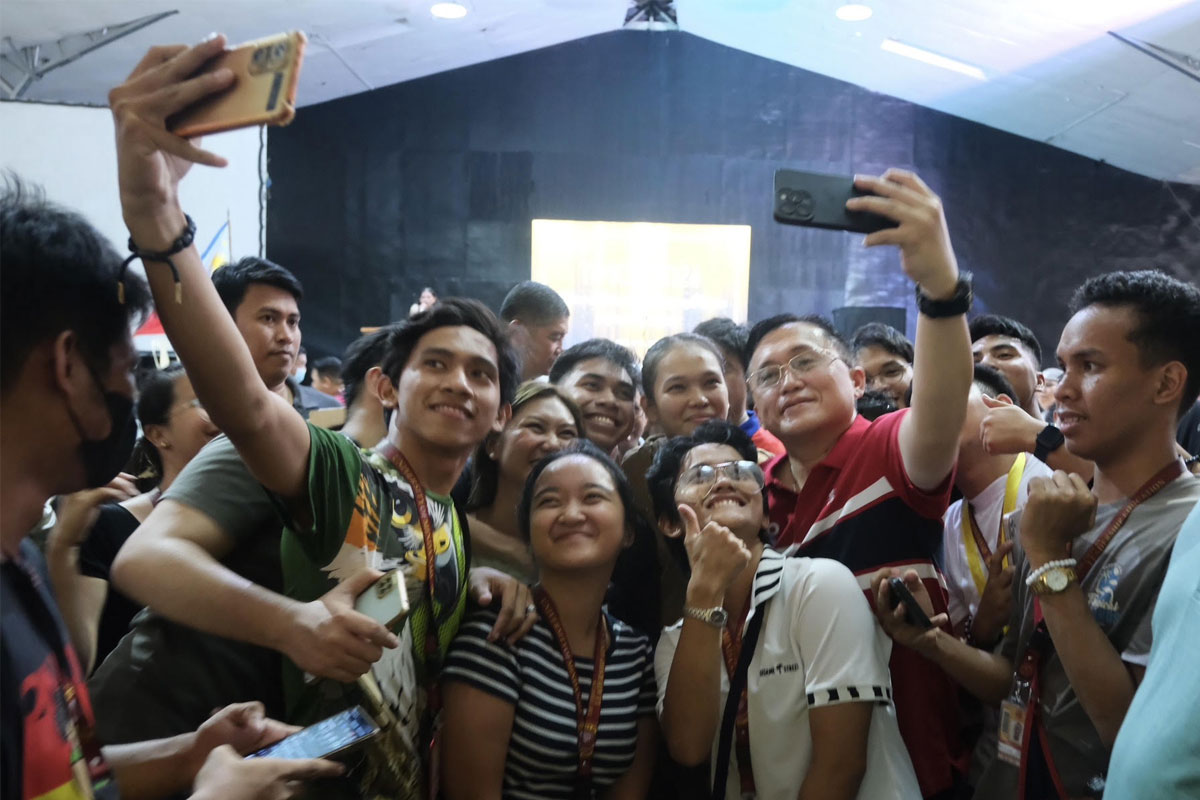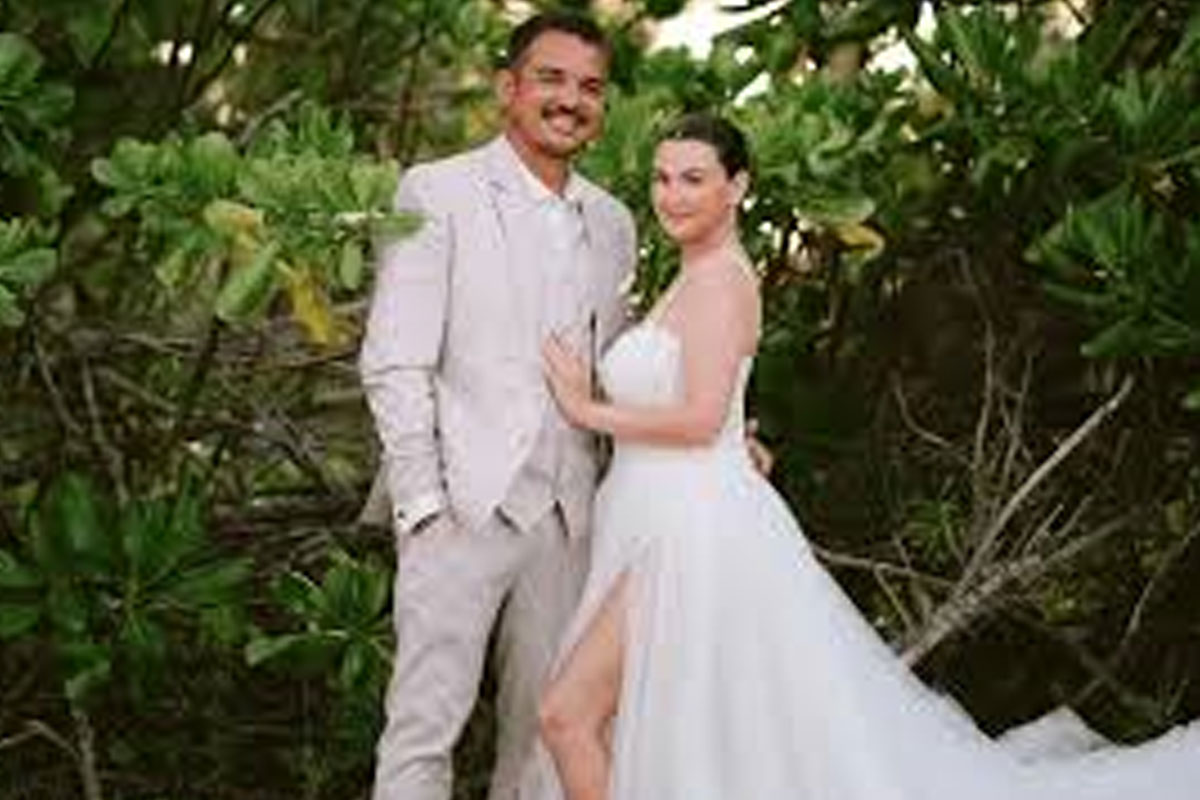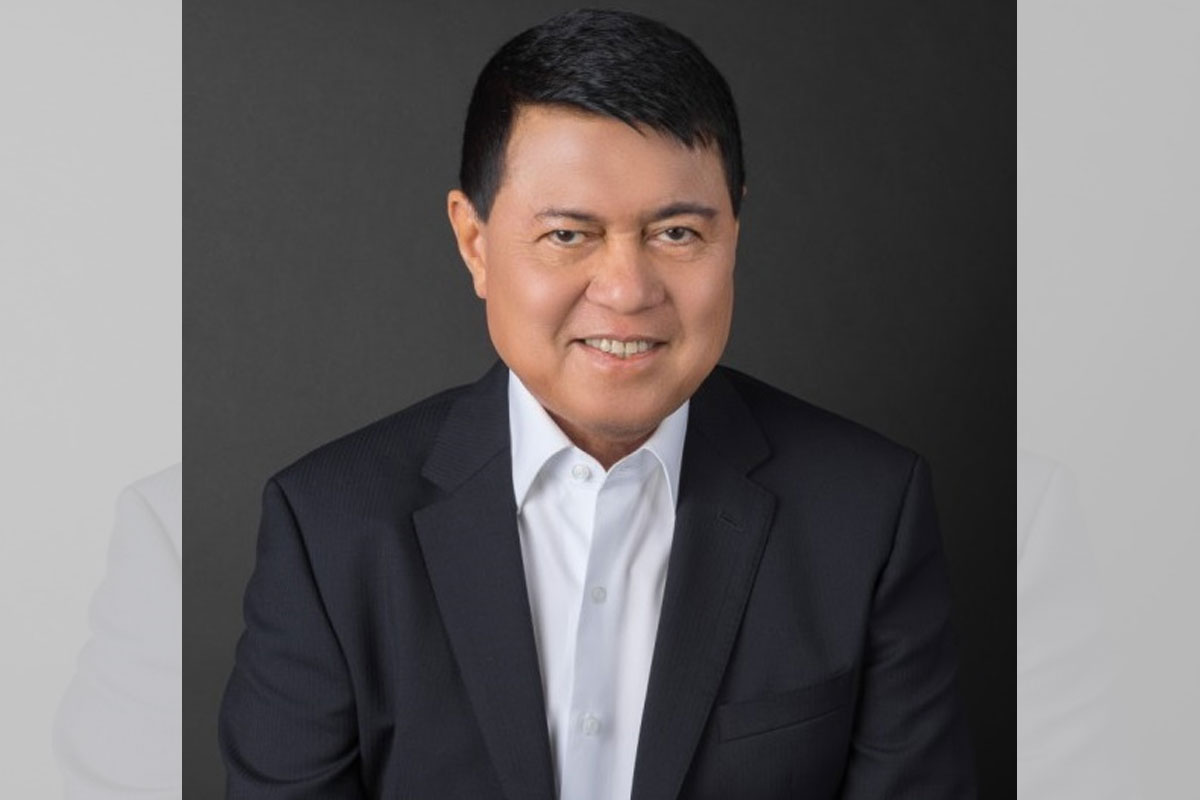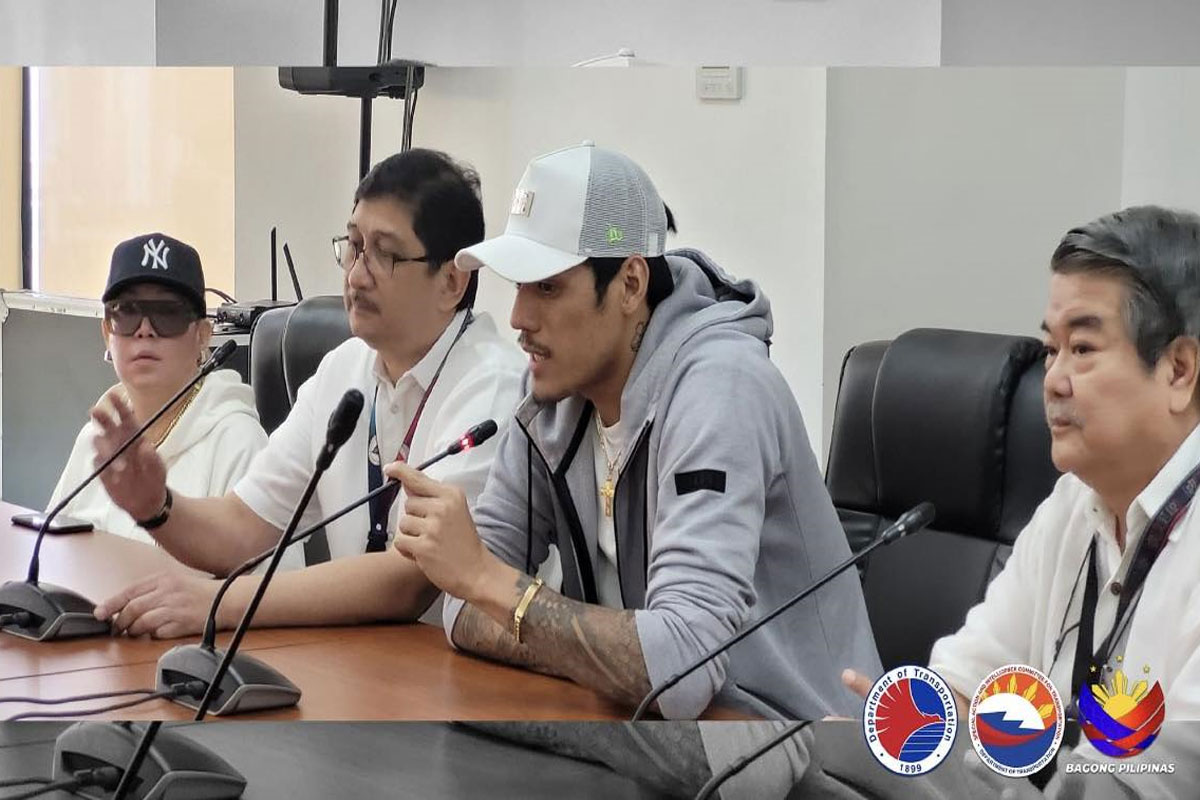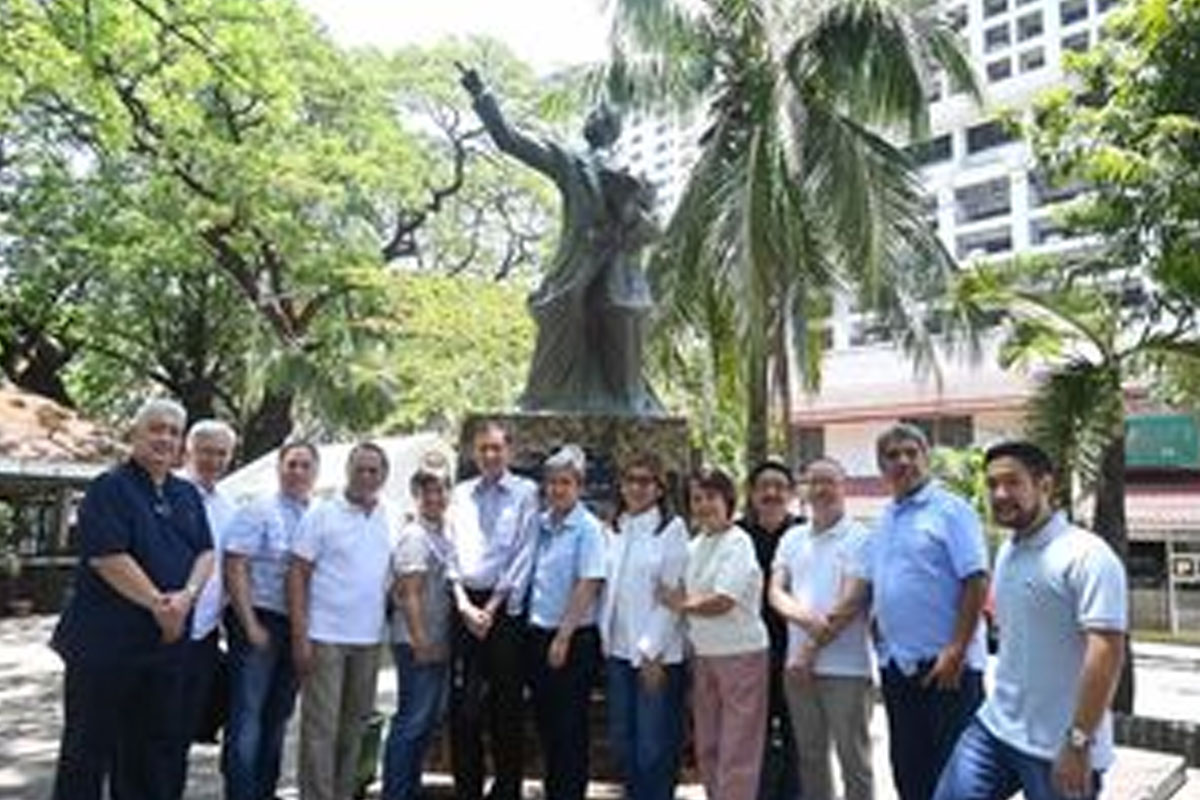
ICC PROBE REJECTED
THE Philippines will not cooperate with the International Criminal Court (ICC) as it has a “good” justice system, President Ferdinand R. Marcos Jr. said on Saturday.
Marcos issued the statement in response to the ICC’s decision to resume its investigation into the deaths associated with the anti-narcotics campaign waged by his predecessor, former president Rodrigo Duterte.
Speaking to reporters in Fort del Pilar, Baguio City, Marcos said the ICC has no jurisdiction over the Philippines, which he emphasized is a “sovereign nation.”
“My position has not changed. I have stated it often, even before I took office as president, that there are many questions about (ICC’s) jurisdiction and what we in the Philippines regard as an intrusion into our internal matters and a threat to our sovereignty,” he said. “I do not see what (its) jurisdiction is. I feel that we have in our police and our judiciary a good system. We do not need assistance from any outside entity.”
Marcos said he would not allow “former imperialists,” such as the ICC, to control the Philippines, unless it could be proven that the international court has jurisdiction over the country.
“So, that is not something that we consider to be a legitimate judgment. So, until those questions of jurisdiction and the effects on the sovereignty of the Republic are sufficiently answered, we cannot cooperate with them,” he said.
ICC prosecutor Karim Khan suspended in November 2021 its investigation into the alleged crimes against humanity attributed to Duterte’s drug campaign to assess “the scope and effect of the deferral request” of the Philippine government.
On Jan. 26, the Pre-Trial Chamber (PTC) decided to authorize Khan to continue the ICC’s probe into the drug-related deaths in the Philippines, as it was “not satisfied” that the Philippine government is conducting relevant investigations “that would warrant a deferral of the Court’s investigations on the basis of the complementarity principle.”
The Department of Justice (DOJ) on Jan. 26 appealed to the ICC to let the Philippines carry out its own investigation and respect the country’s sovereignty and judicial systems.
The DOJ also told the ICC that the country has a “working” and “organized” justice system compared to some African nations that the international court had investigated.
In Jan. 28, Chief Presidential Legal Counsel Juan Ponce Enrile suggested the arrest of ICC investigators, if they enter the country without permission.
Enrile made the recommendation, saying the Philippines “will not allow any of our officials to be investigated or tried” by the ICC.
In March 2018, Duterte ordered the Philippines’ termination of the Rome Statute that created the ICC after former prosecutor Fatou Bensouda continued with the preliminary examination.
The Philippines formally cut ties with the ICC on March 17, 2019, exactly a year after the revocation of the Rome Statute.
Despite the Philippines’ withdrawal, Khan said the ICC retains jurisdiction with respect to alleged crimes that happened in the country while it was a state party from Nov. 1, 2011 to March 16, 2019.
The ICC’s investigation covers the conduct of the campaign under Duterte’s watch, as well as alleged killings in Davao City between 2011 and 2016 when the former president was still the mayor. Philippine News Agency



